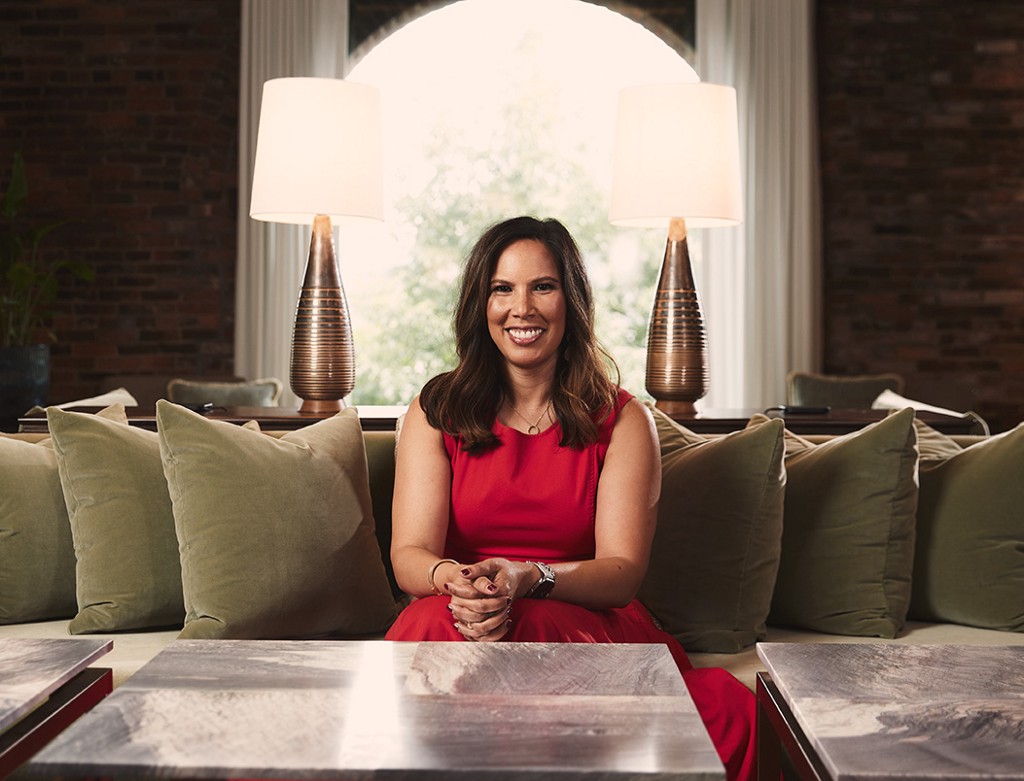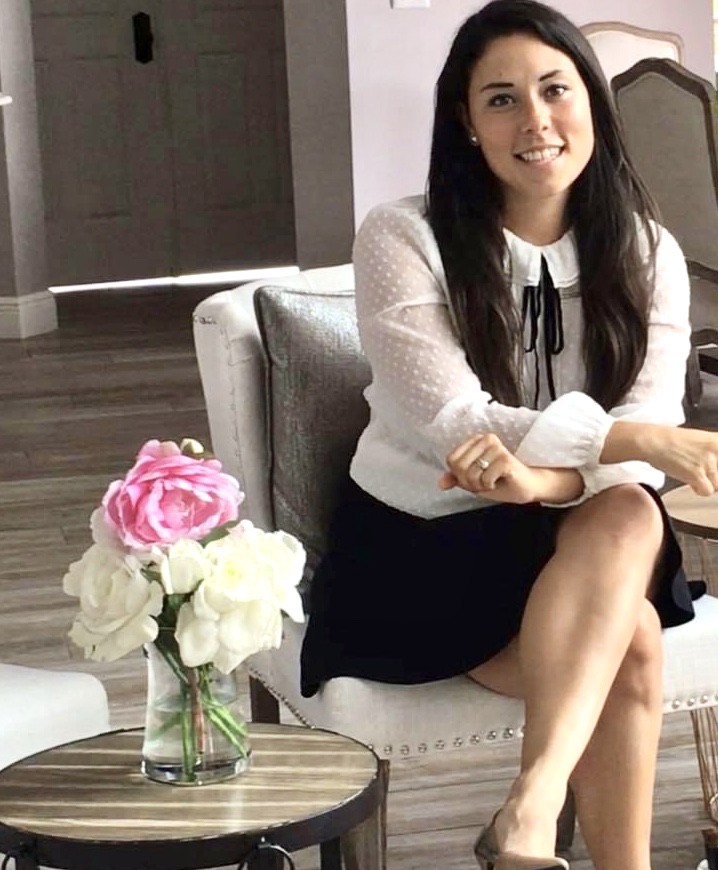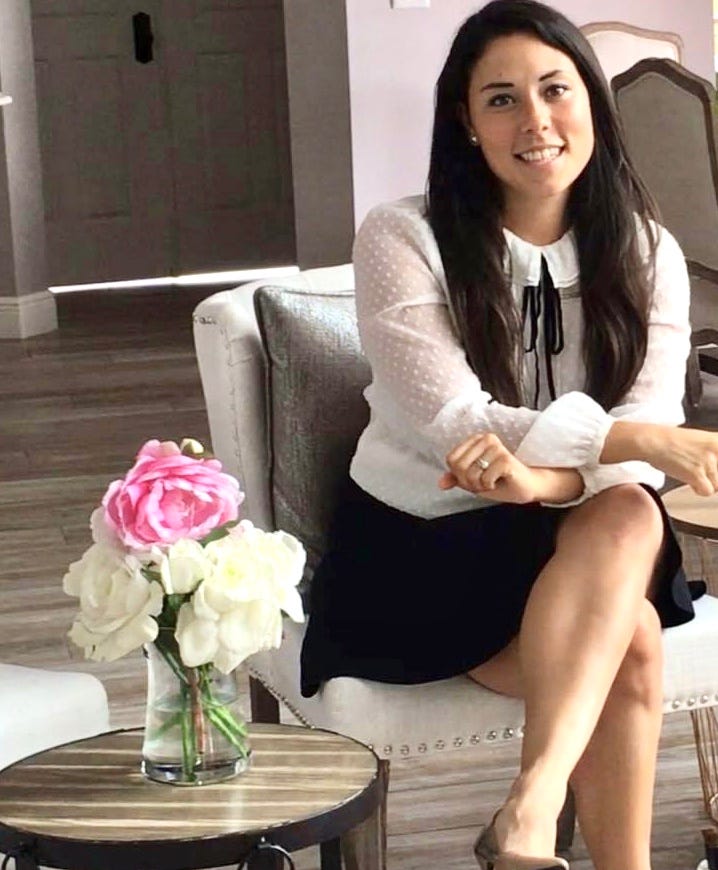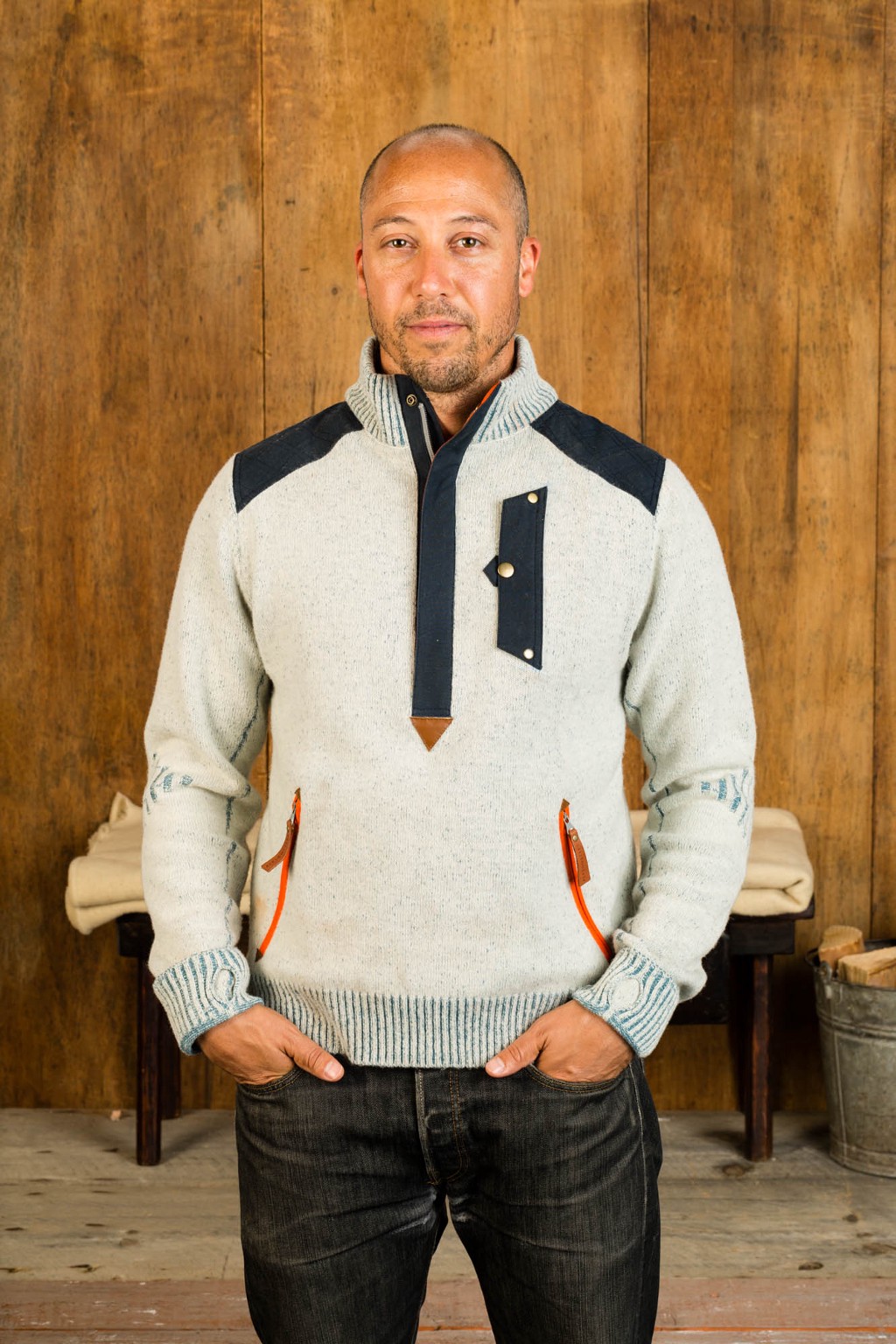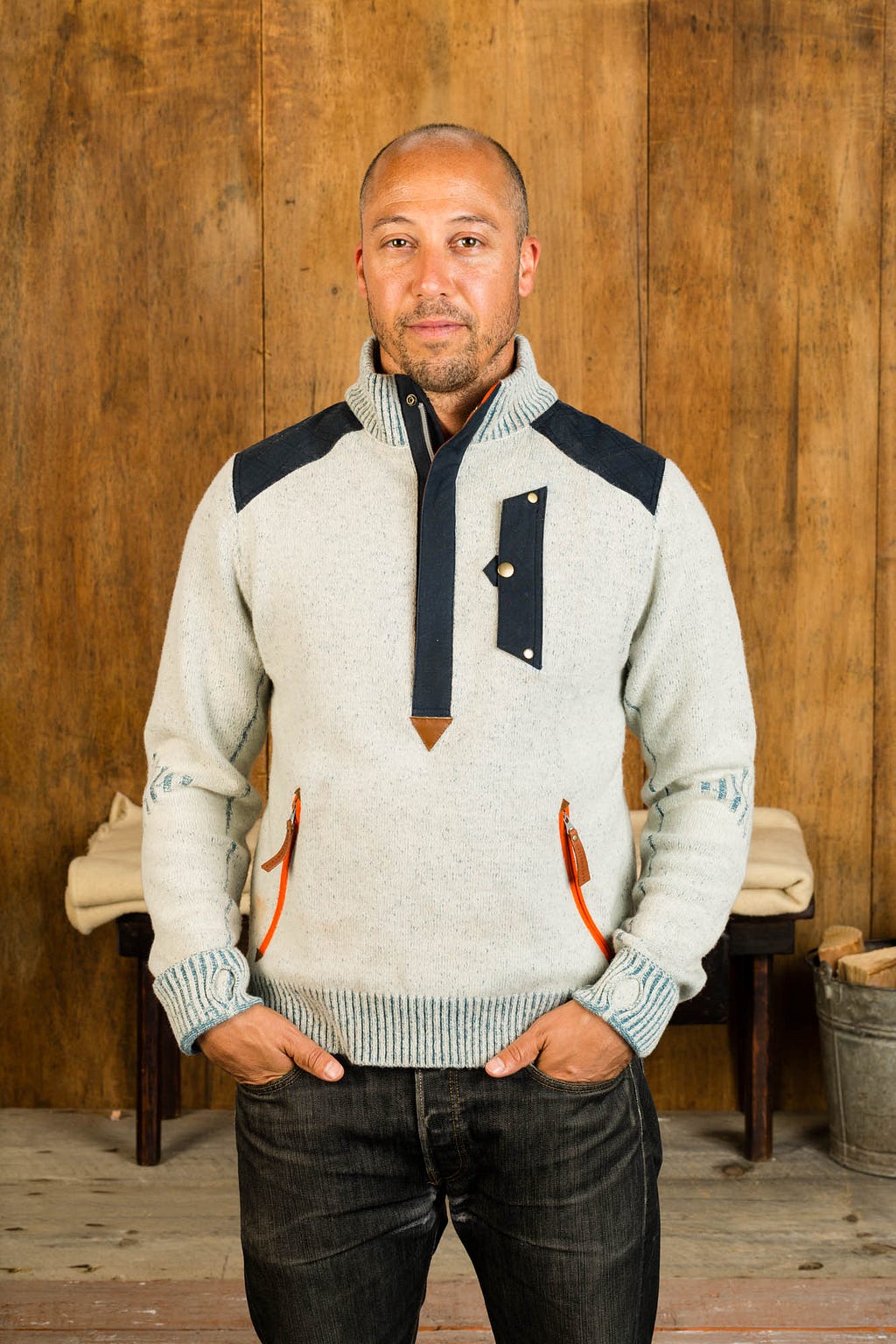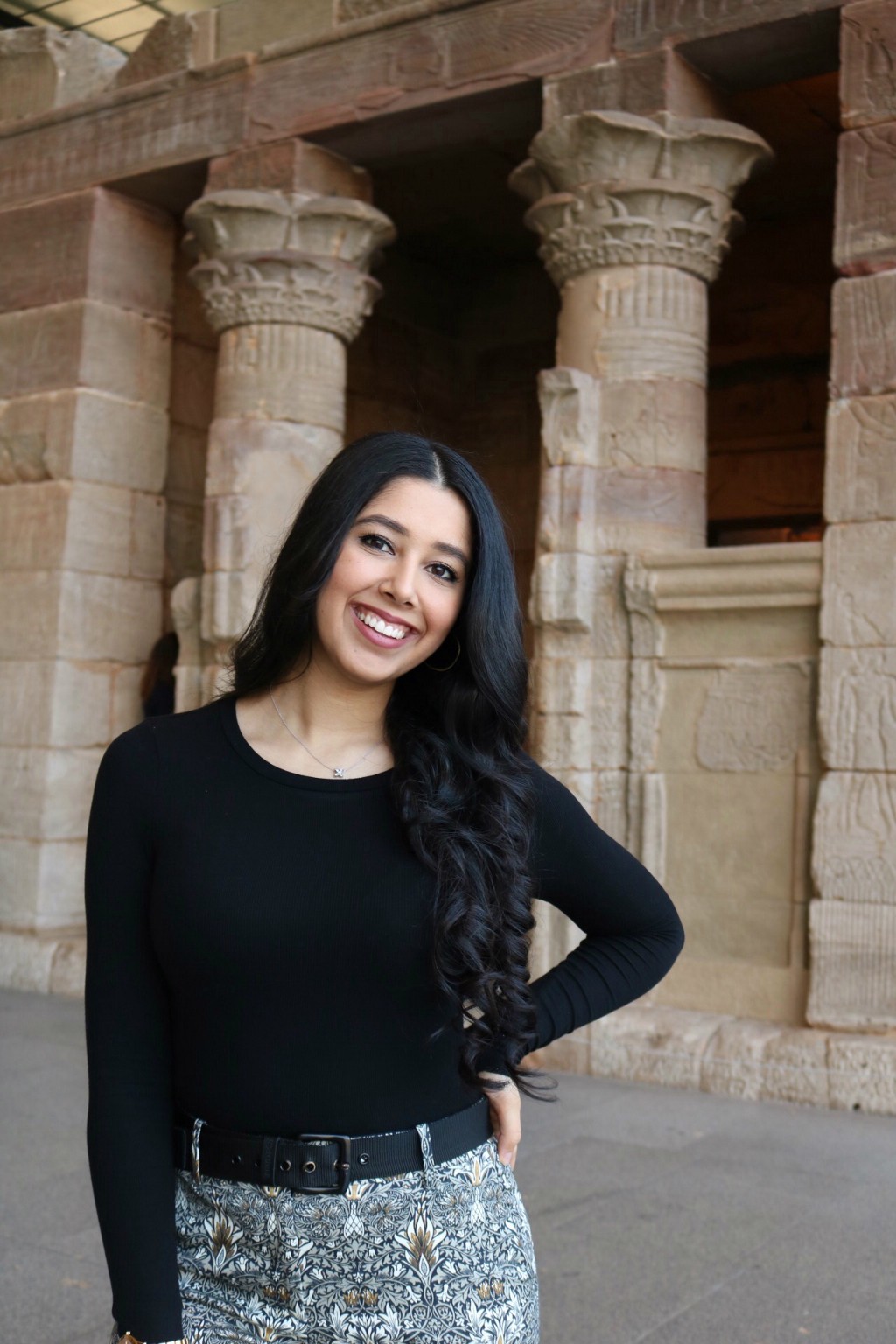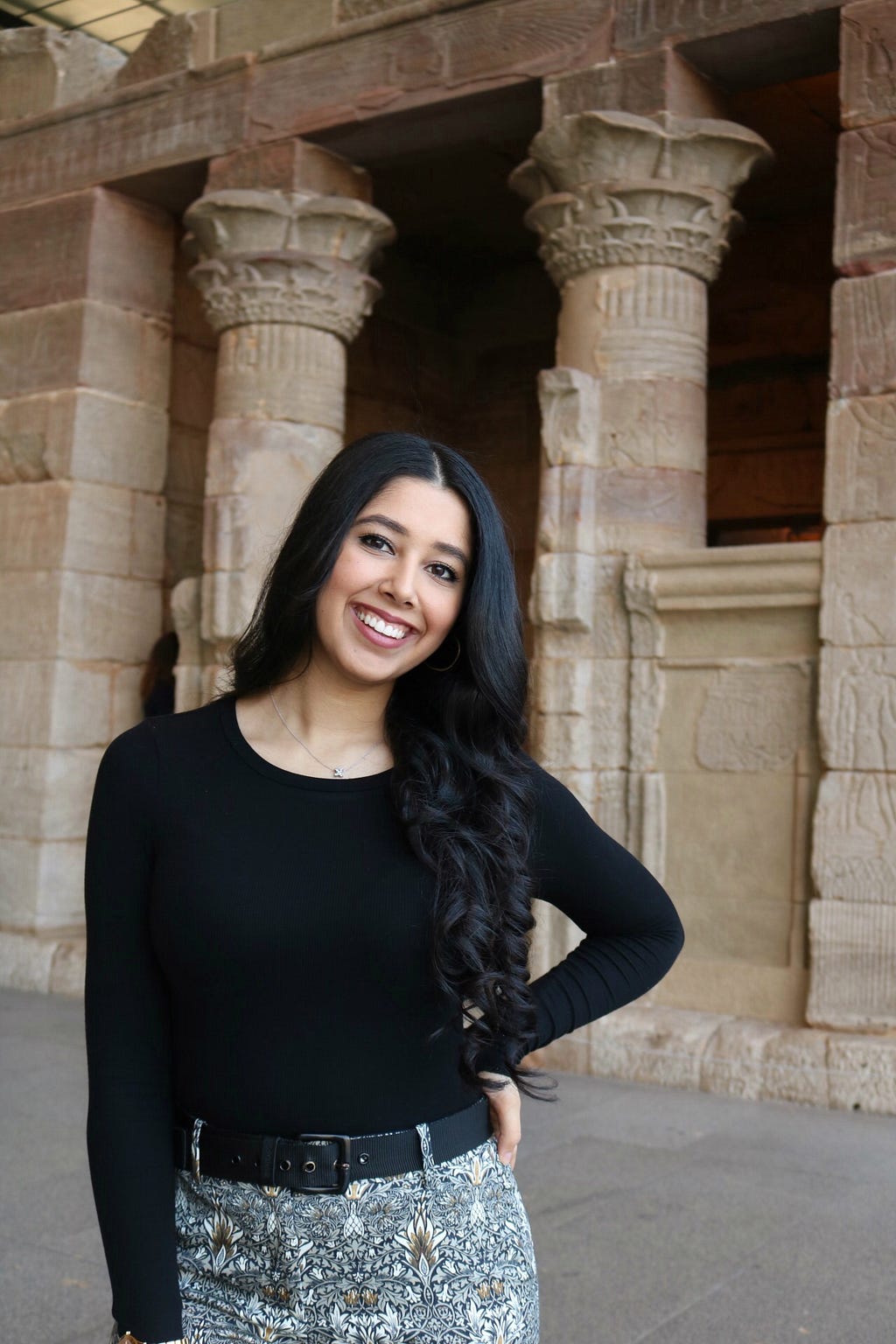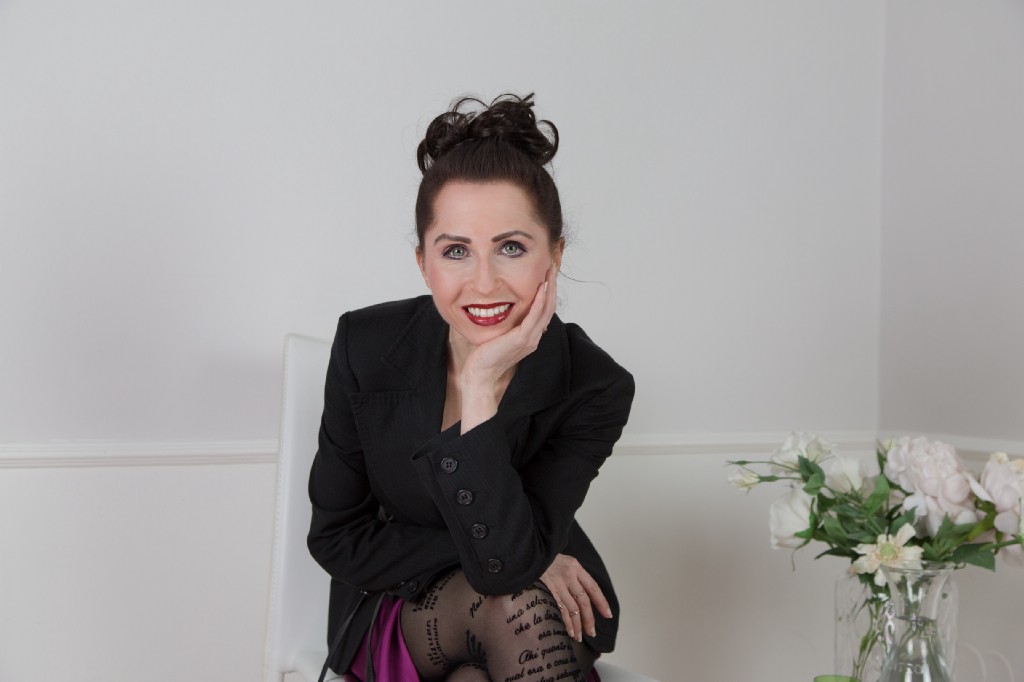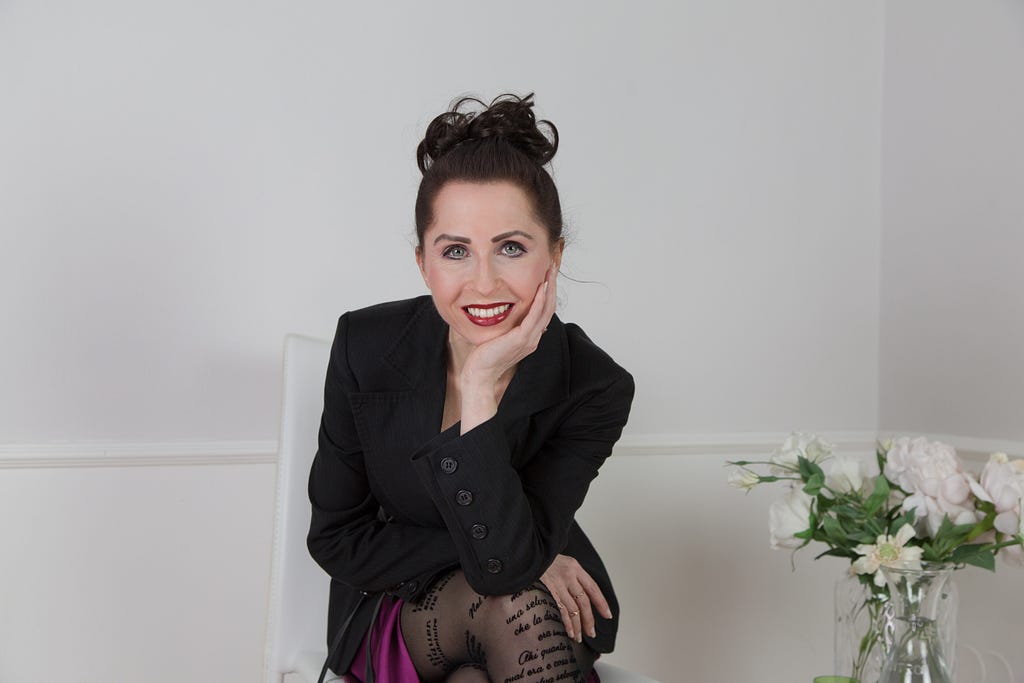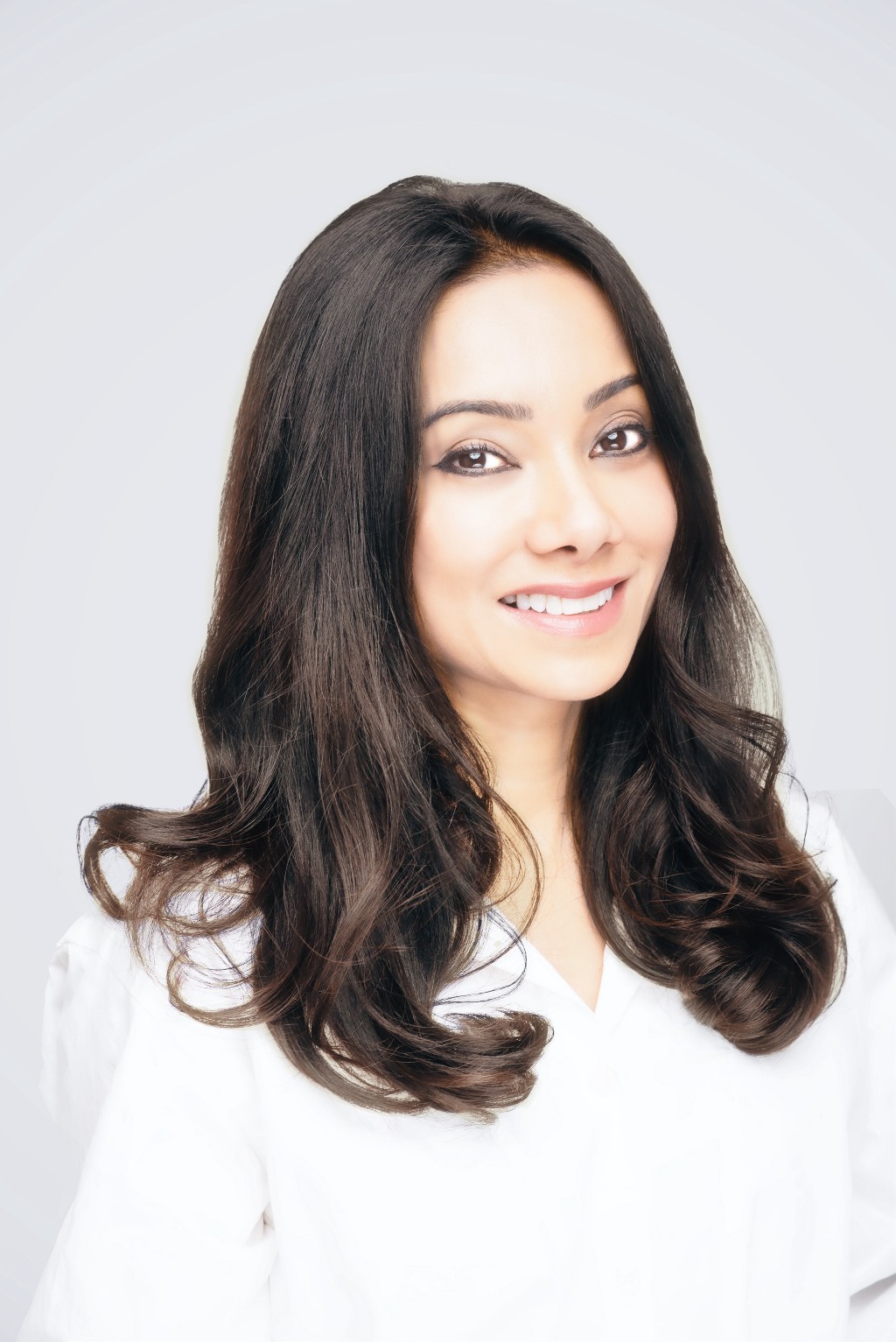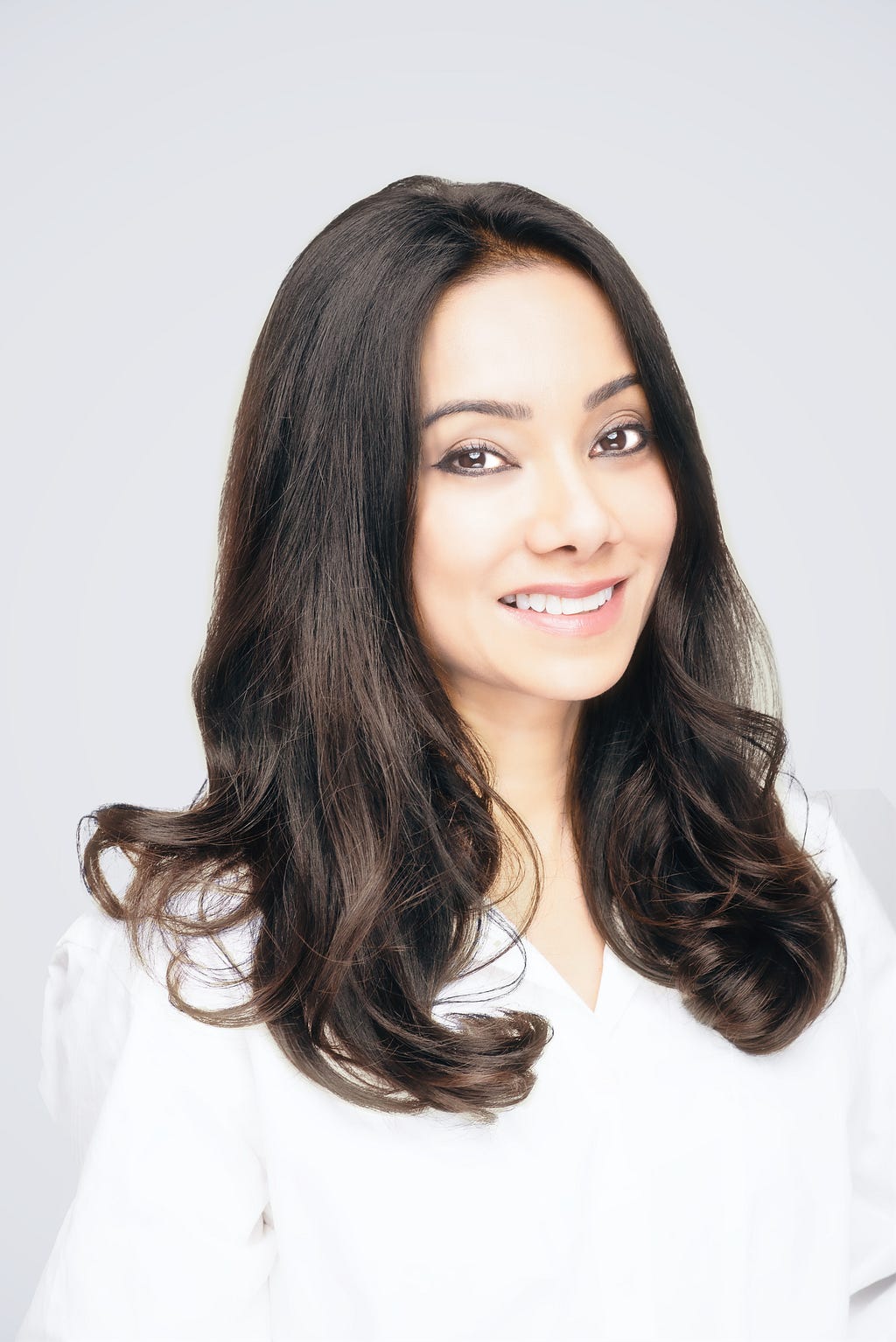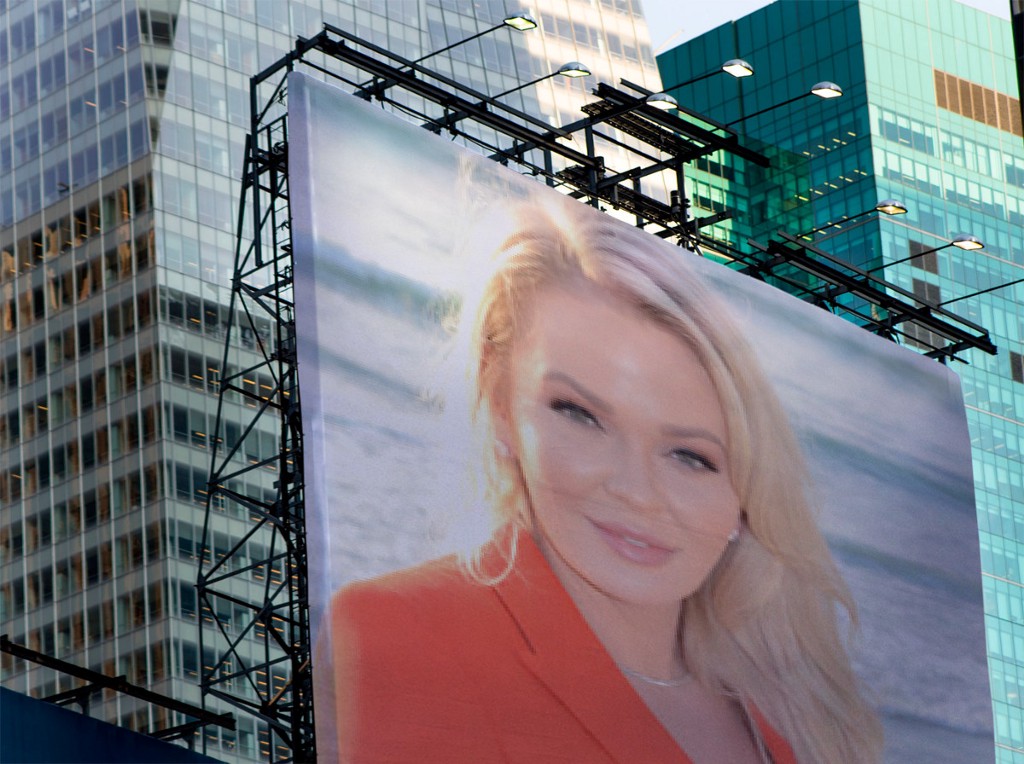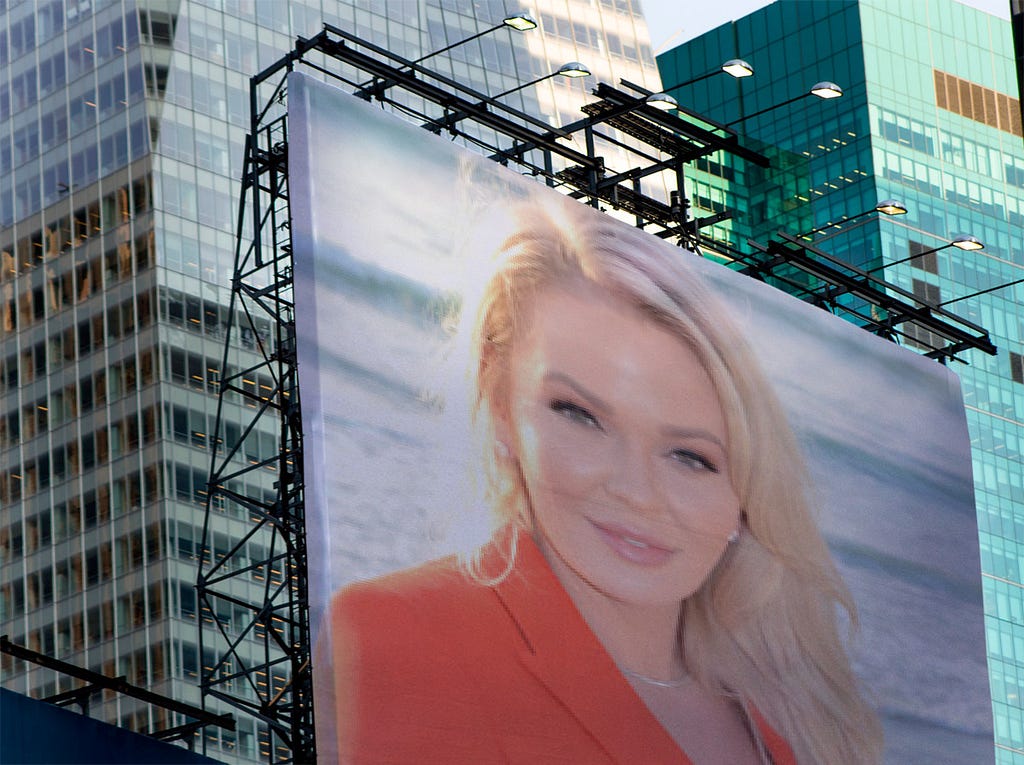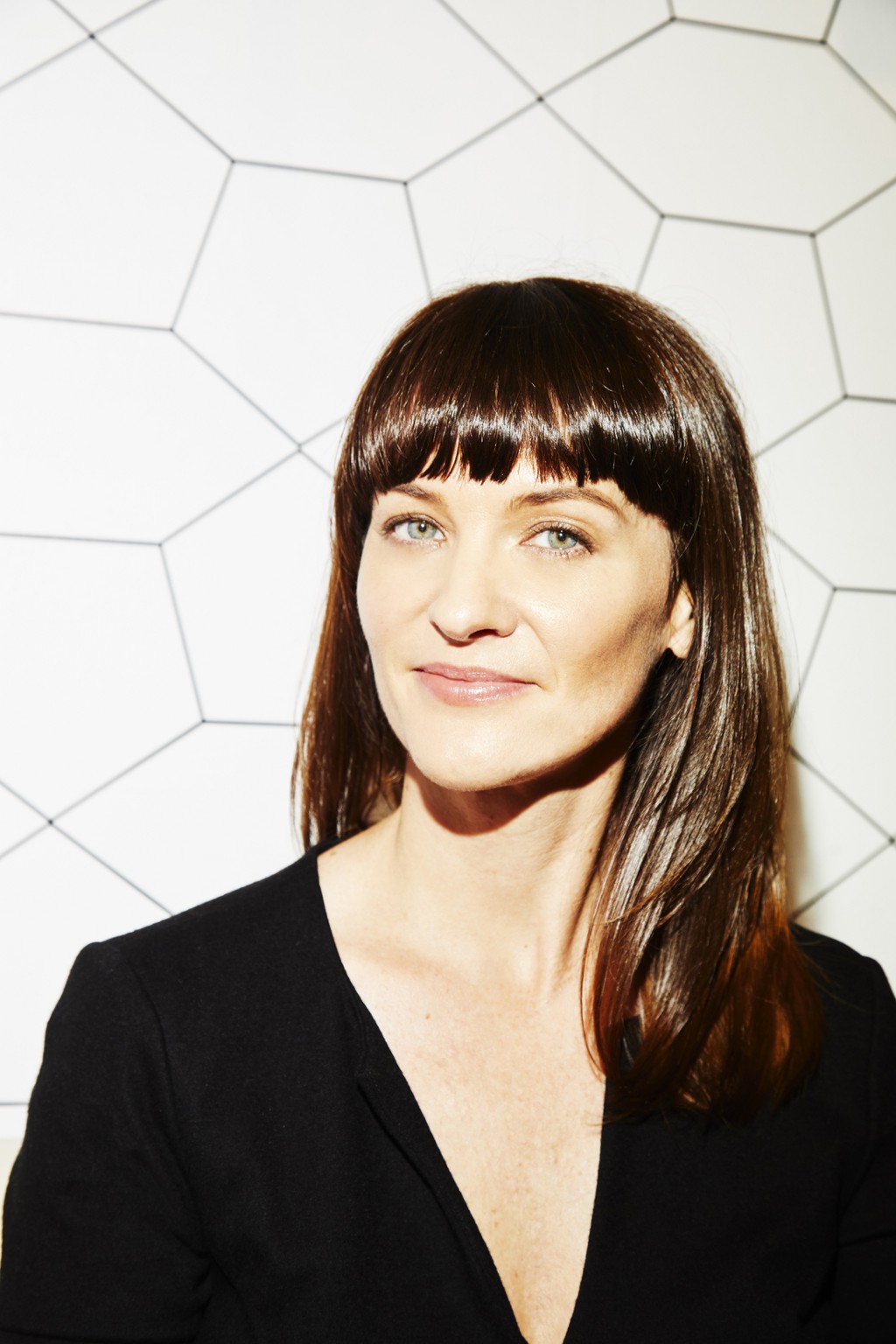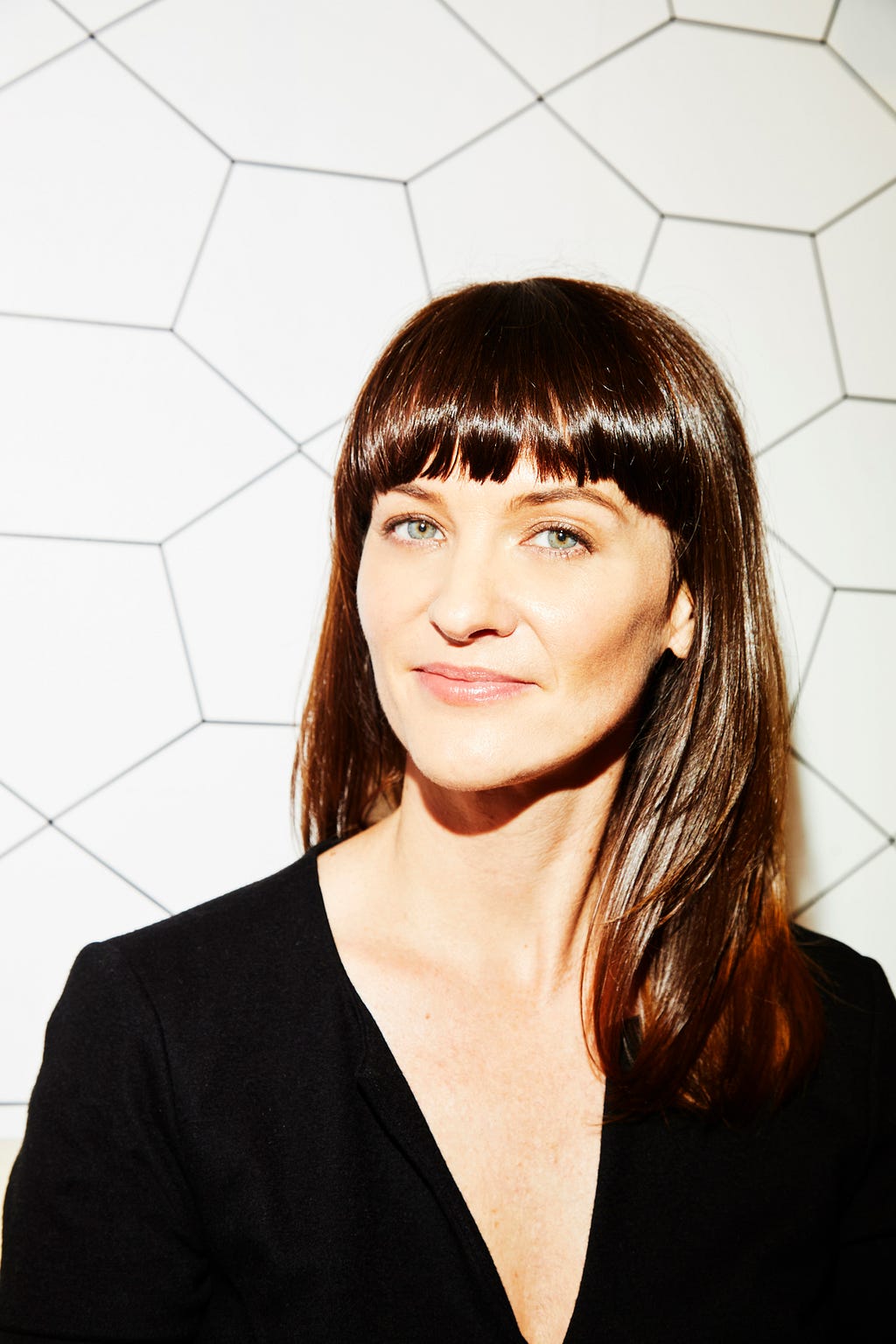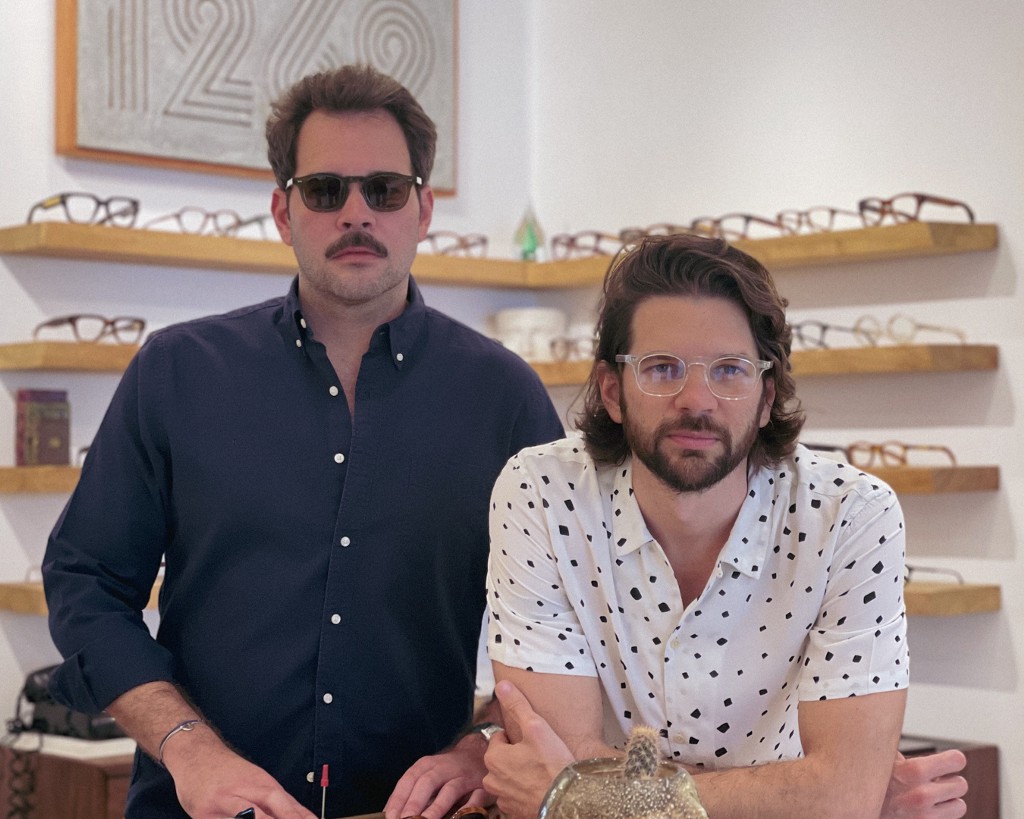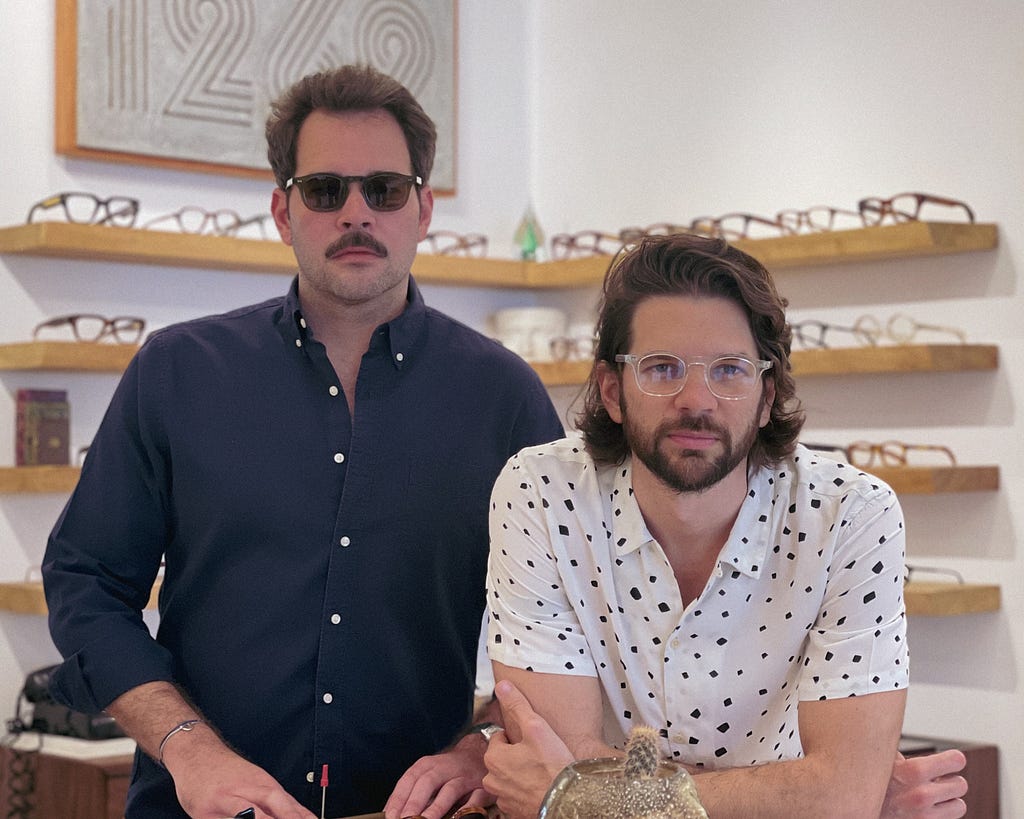Women In Wellness: Carrie SiuButt of SimpleHealth On The Five Lifestyle Tweaks That Will Help Support People’s Journey Towards Better Wellbeing
An Interview With Candice Georgiadis
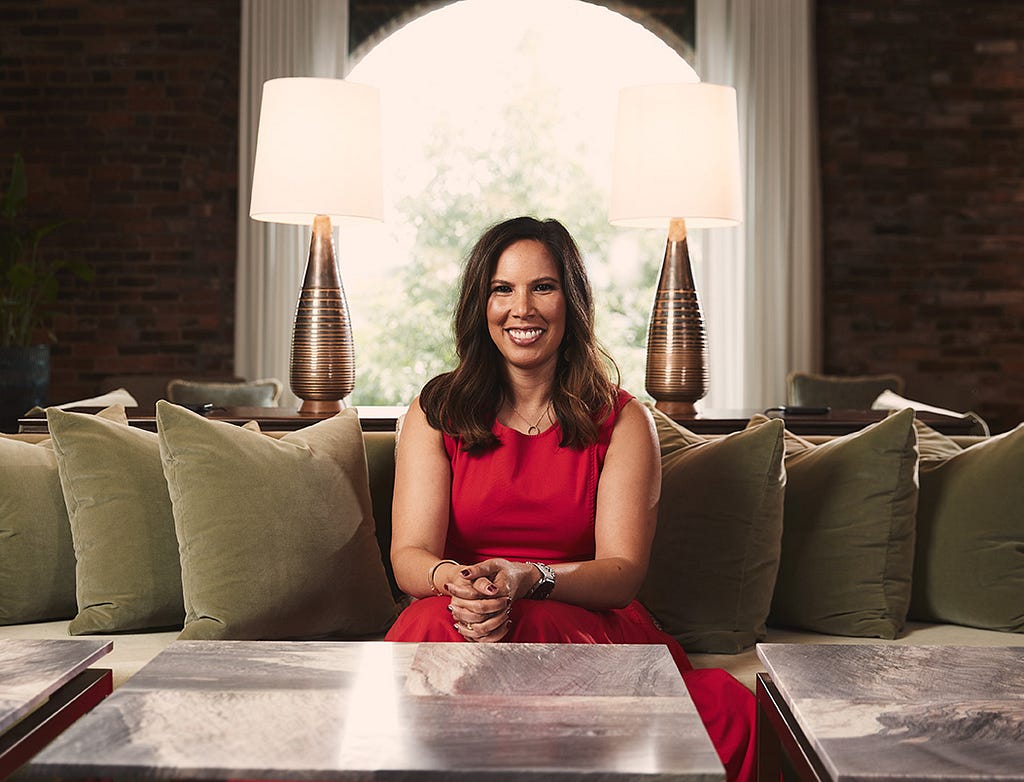
Don’t be afraid to use PTO. Everyone needs a vacation, even the CEO. Don’t feel guilty about that!
As a part of my series about the women in wellness, I had the pleasure of interviewing Carrie SiuButt.
Carrie SiuButt is the CEO of SimpleHealth, a nationally recognized telehealth provider of reproductive wellness. She is a former Wall Street Business executive-turned global minority wellness leader who uses her personal experience as a key motivator to bring diversity, inclusion and accessibility to healthcare. Under her leadership, the company was recently recognized as one of the 50 Fastest Growing Women-Owned/Led Companies.
Thank you so much for joining us in this interview series! Our readers would love to “get to know you” better. Can you share your “backstory” with us?
I grew up in Trinidad and Tobago and moved to the United States as a young adult. At the age of 11, I noticed that I began limping at the onset of puberty. After navigating through the healthcare system, it took about 2–3 years to finally be diagnosed with Dystonia.
Dystonia is a rare movement control disease that affects around 300,000 people. Symptoms include a foot cramp or a tendency for one foot to turn or drag, writer’s cramps, tremors, and involuntary pulls of the neck. It’s often considered a “hidden” disability or an “invisible” illness because it’s so rare and, therefore, difficult to diagnose.
Around the time of my diagnosis, it became difficult for me to write with my dominant right hand, so I taught myself to write with my left. Although my disease progressed throughout college, I graduated and went on to work in an extremely fast-paced environment where I was successful, but not in the best health due to the lifestyle that came with being a Wall Street executive.
After I completed my Masters of Business Administration program at Stanford University, my disease became significantly worse so I decided to seek options for treatment. Since I wasn’t a fan of taking medicine that would increase fatigue, I was presented with another option — deep brain stimulation surgery. Although it was a challenging decision to make at the time, it helped unlock many doors for me, including running my first 10K marathon. My journey with Dystonia is what led me to make the career switch from Wall Street to healthcare after realizing the lack of accessibility and diversity within the industry.
Can you share the most interesting story that happened to you since you started your career? What were the main lessons or takeaways from that story?
I joined SimpleHealth as the CEO in February 2020 and little did I know a pandemic was on the horizon. I started weeks before the COVID-19 lockdown and once it went into effect, I knew I needed to make immediate changes to the business. I moved quickly to improve our systems and operations to achieve profitability and increase employee engagement by 6% during a period of crisis.
Within my first year with the company, I was able to grow the SimpleHealth’s revenue by 900% because I quickly adapted the company to the changing landscape. Because of the uncertainty of coronavirus, I knew I needed to rise to the occasion to be the steadfast leader the company and my employees needed during such difficult times.
Can you share a story about the biggest mistake you made when you were first starting? Can you tell us what lesson you learned from that?
The biggest mistake I made when I was first starting out was trying to make everyone happy. I quickly learned as a leader that you can’t. There will always be someone unhappy with your decision, regardless. You simply cannot make everyone happy and that’s okay, as long as you believe in yourself and the decision you’re making for the company.
Let’s jump to our main focus. When it comes to health and wellness, how is the work you are doing helping to make a bigger impact in the world?
At SimpleHealth, we’re committed to providing patients with personalized care, starting with reproductive health, which ultimately contributes to holistic health. We leverage our telemedicine platform to provide convenient access to comprehensive birth control options that can be tailored to each individual’s needs, including the pill, patch and ring — which are affordable and cost- effective for those with and without insurance.
With our recent acquisition of award-winning birth control and health tracking system EMME, we have united with another female-led company in its mission to break down barriers to reproductive healthcare across a wide user base spanning the U.S. SimpleHealth and EMME will integrate our product offerings and innovative technology to provide users with a best in class healthcare experience across their full reproductive cycle, all at their fingertips. Together, our hope is to eventually eradicate contraceptive deserts and provide better support for fertility preparedness, perimenopause and other transitional life phases through the accessibility of our platform.
Can you share your top five “lifestyle tweaks” that you believe will help support people’s journey towards better wellbeing? Please give an example or story for each.
Working out on a regular basis. It’s important to maintain a fitness routine and to establish healthy habits to fuel your body and mind. There are plenty of times where I’m completely exhausted by the end of the day and it’s a struggle to find the motivation to get a workout in. Once I carve out the time, I always feel much better after as exercise is a great way to relieve stress.
Eating clean! What you put into your body will affect your everyday life. Maintaining healthy eating habits helps fuel your body and keeps you going during those long, stressful days.
Take breaks throughout the day. This is especially important in the midst of our heightened Zoom culture. Zoom fatigue and burnout is real. It’s crucial to give yourself 15 minutes in between calls to do something as simple as stretch.
Getting a daily dose of Vitamin D. It truly does make a difference when you begin taking Vitamin D supplements or when you step outside for a short walk when the sun is out. You’ll find your mood changing immediately.
Sleeping 8 hours a night. Try to set a healthy boundary of shutting down and focusing on your rest in the evening. As most of us are still working from home, you can easily find yourself blurring your boundaries between your work hours and rest time. Carving out meaningful rest and sleep time for yourself is the best way to recharge and avoid burnout.
If you could start a movement that would bring the most amount of wellness to the most amount of people, what would that be?
I believe we’ve already started a movement at SimpleHealth with our mission to provide reproductive wellness to everybody. To cater to each individual, all of our physicians receive training on diversity, equity, inclusion and belonging as well as best practices for empathetic communication.
Having access to birth control can give people the opportunity and advantage to lead a healthier and better life. I firmly believe in this as I’ve experienced first-hand the advantages of being on birth control which is why I want to ensure it is available to everyone.
In the past, I’ve struggled with chronic migraines and it would affect my daily life from being able to focus at work to my ability to train for marathons. As I searched for remedies, I discovered one of the many benefits of hormonal birth control is that it helps manage migraines because it helps even out estrogen levels. About one in five women in the United States have migraines, and it’s most prevalent for women in their twenties, thirties, and forties. Oftentimes women experience migraine symptoms when their estrogen levels change.
What are your “5 Things I Wish Someone Told Me Before I Started” and why?
Don’t be afraid to use PTO. Everyone needs a vacation, even the CEO. Don’t feel guilty about that!
Take your time hiring. You want to make sure the person you hire is aligned with your company values and brings out the best in your work culture.
Reward your high performers. It’s important to focus on the good, not just the bad.
You can’t please everyone. As a leader you have to make tough choices and many times people just won’t agree with you. That’s okay!
Culture evolves. You have to make sure your company grows with the changing world.
Sustainability, veganism, mental health and environmental changes are big topics at the moment. Which one of these causes is dearest to you, and why?
Mental health is a topic that means a lot to me, especially now that we’re in year two of the pandemic. Focusing on physical health has long negated the need to take mental health as seriously.
It is extremely important that we all carve out moments of self-care so we can feel and do our best in our daily lives. No matter how big or how small that moment of care is — whether it be through morning meditation, cooking yourself a delicious meal, an afternoon walk, or winding down at night with a new book. The body can only go as far as the mind can.
What is the best way our readers can follow you online?
Your readers can follow me on LinkedIn, Instagram and Twitter @carriesiubutt.
Thank you for these fantastic insights!
Women In Wellness: Carrie SiuButt of SimpleHealth On The Five Lifestyle Tweaks That Will Help… was originally published in Authority Magazine on Medium, where people are continuing the conversation by highlighting and responding to this story.


